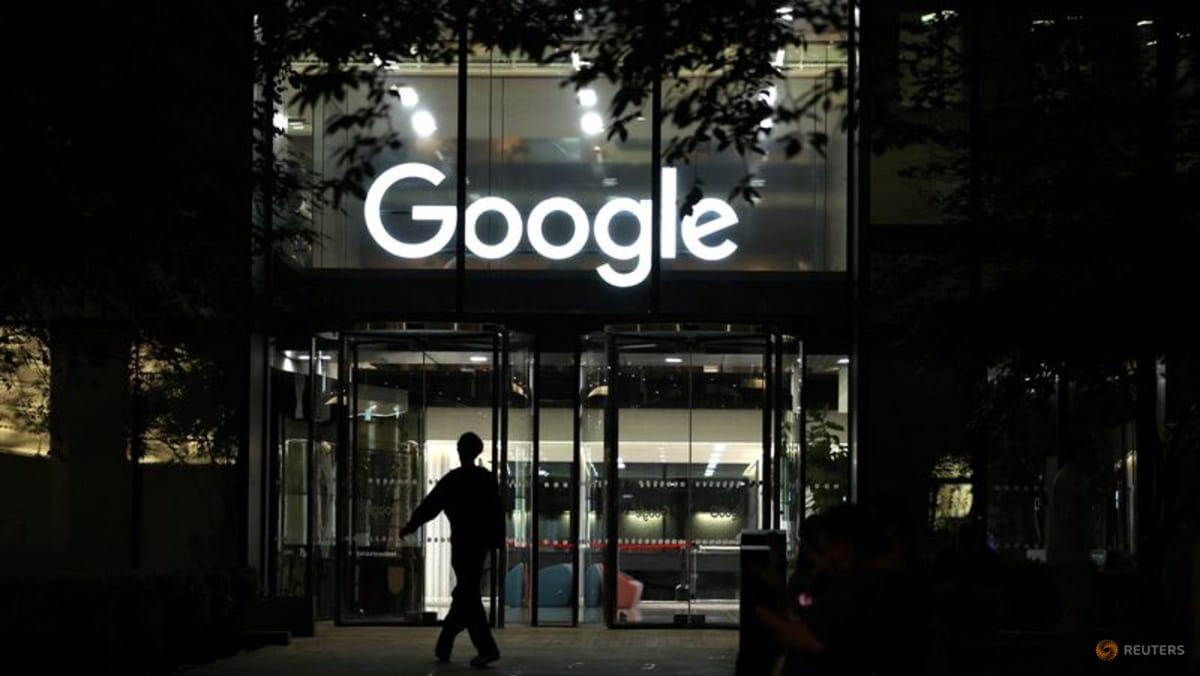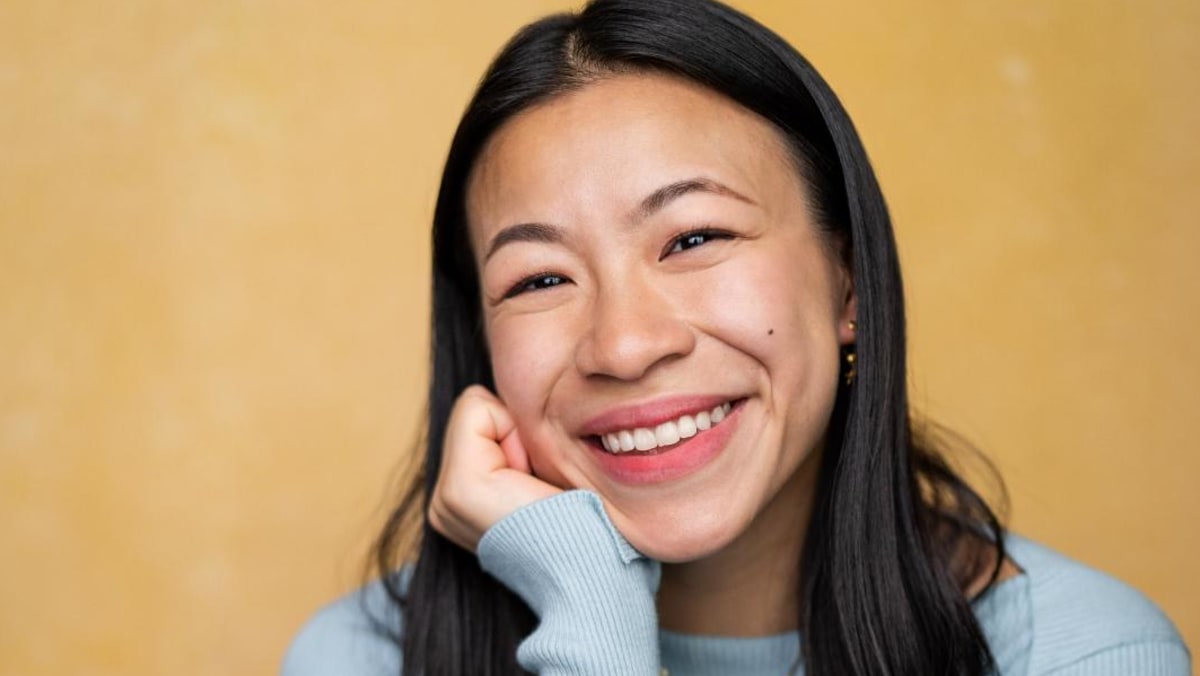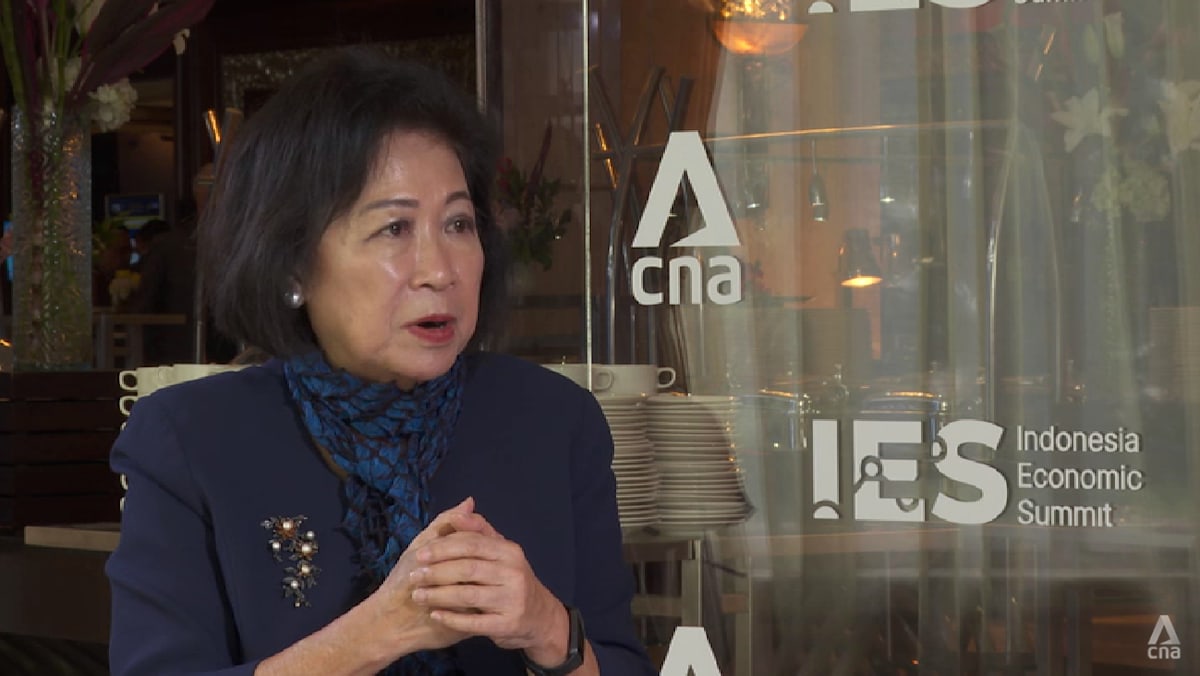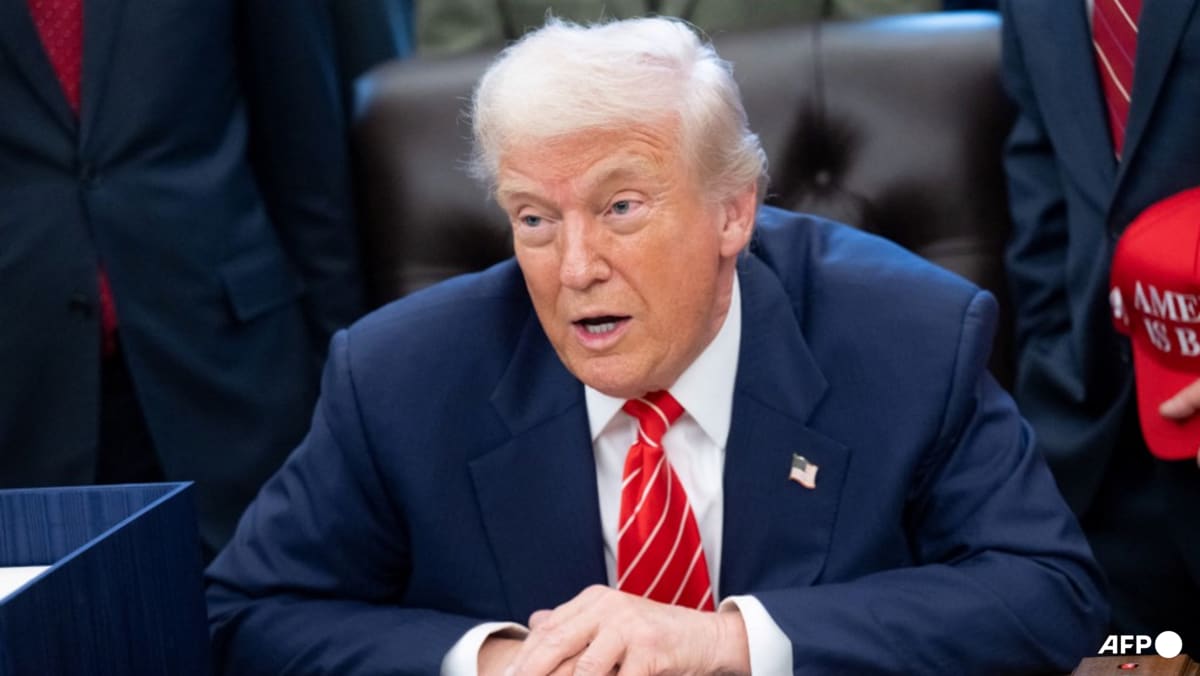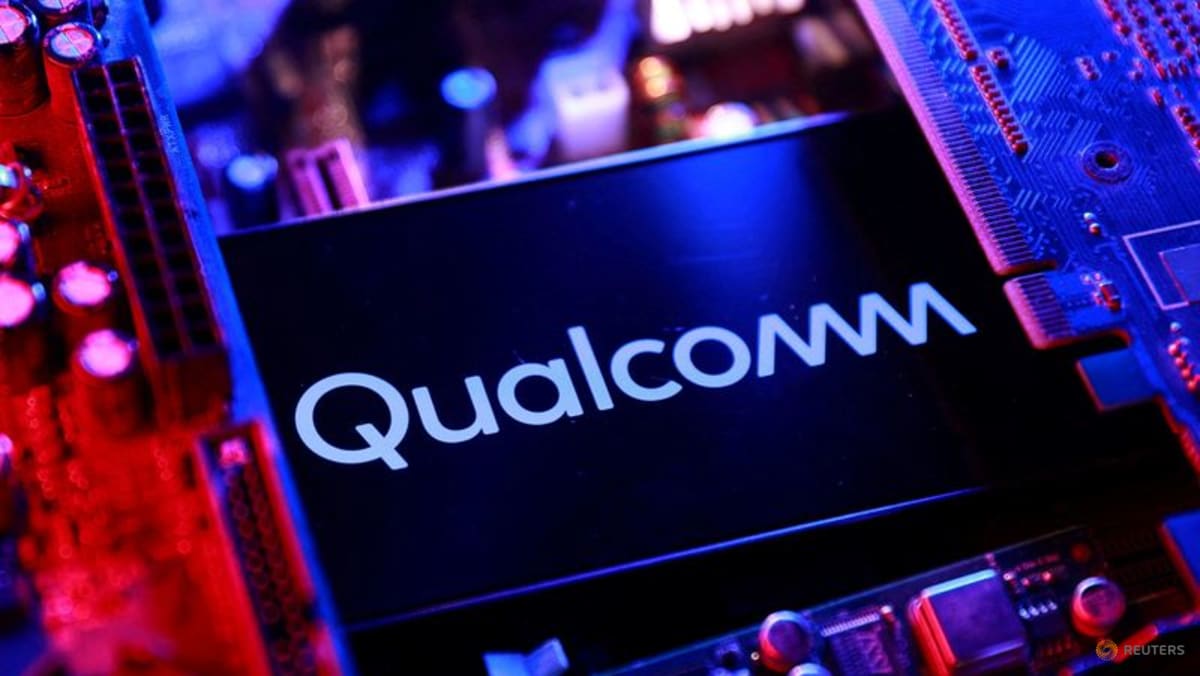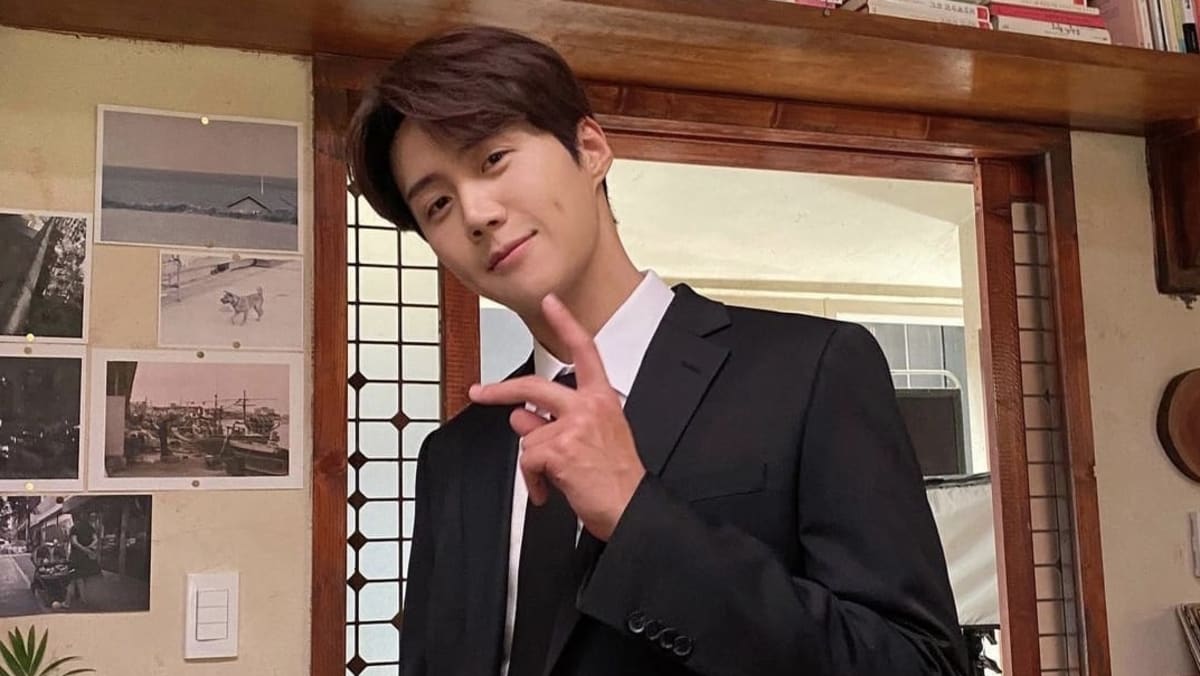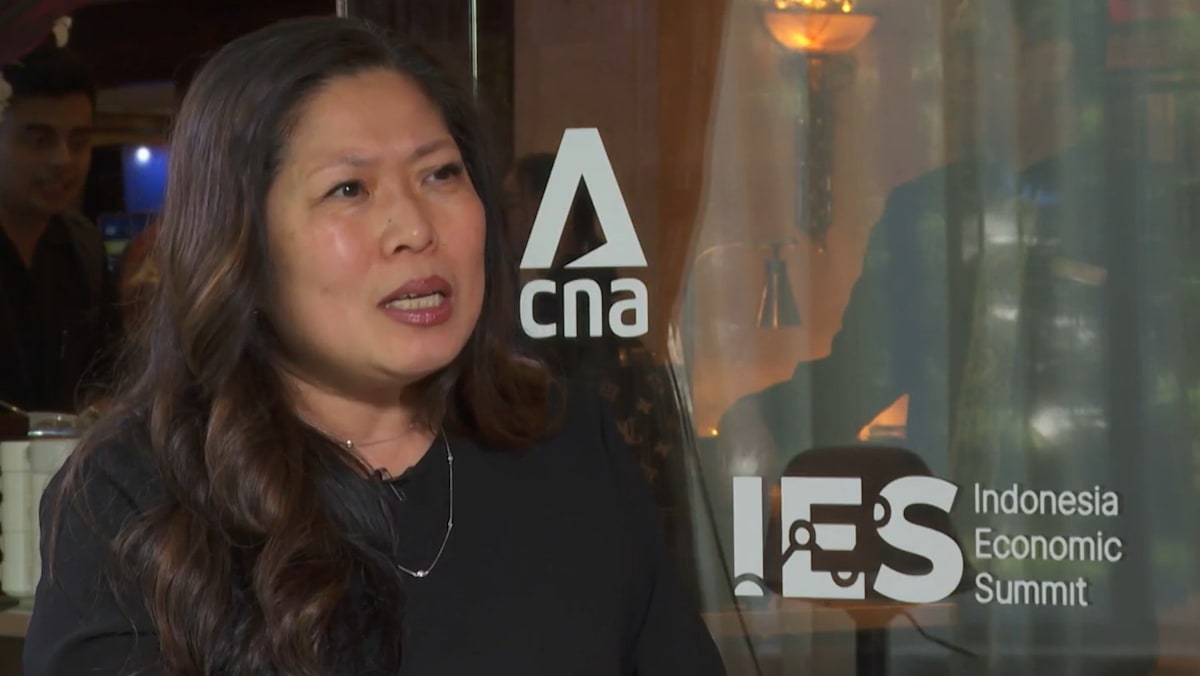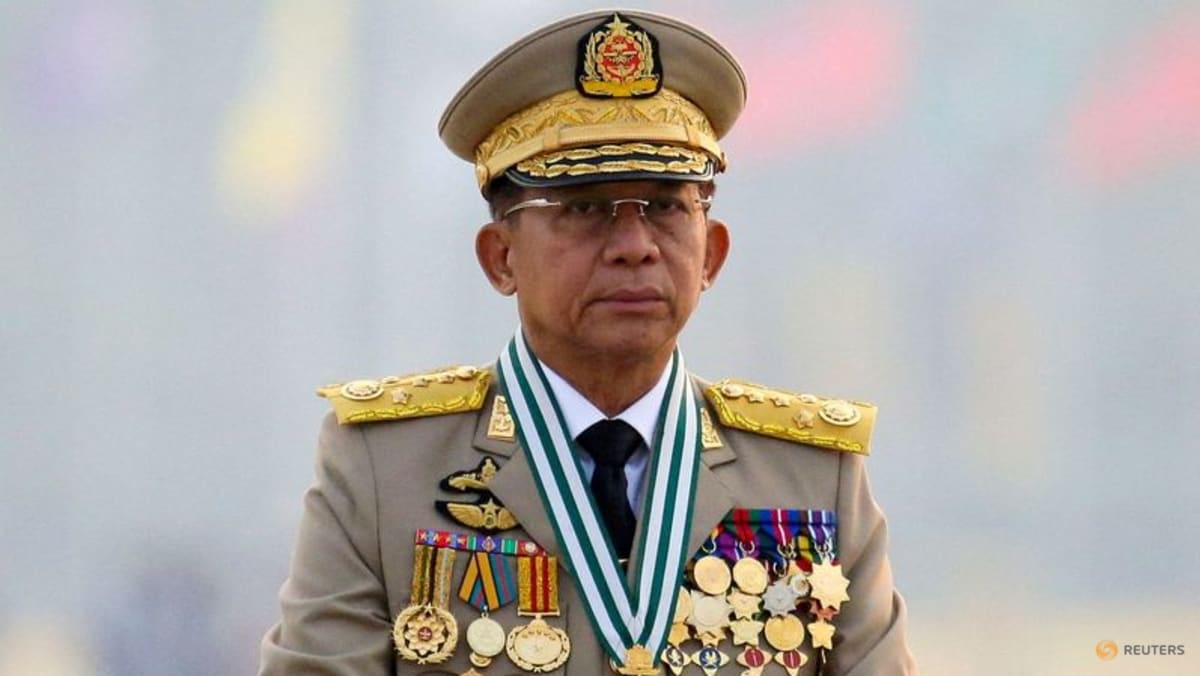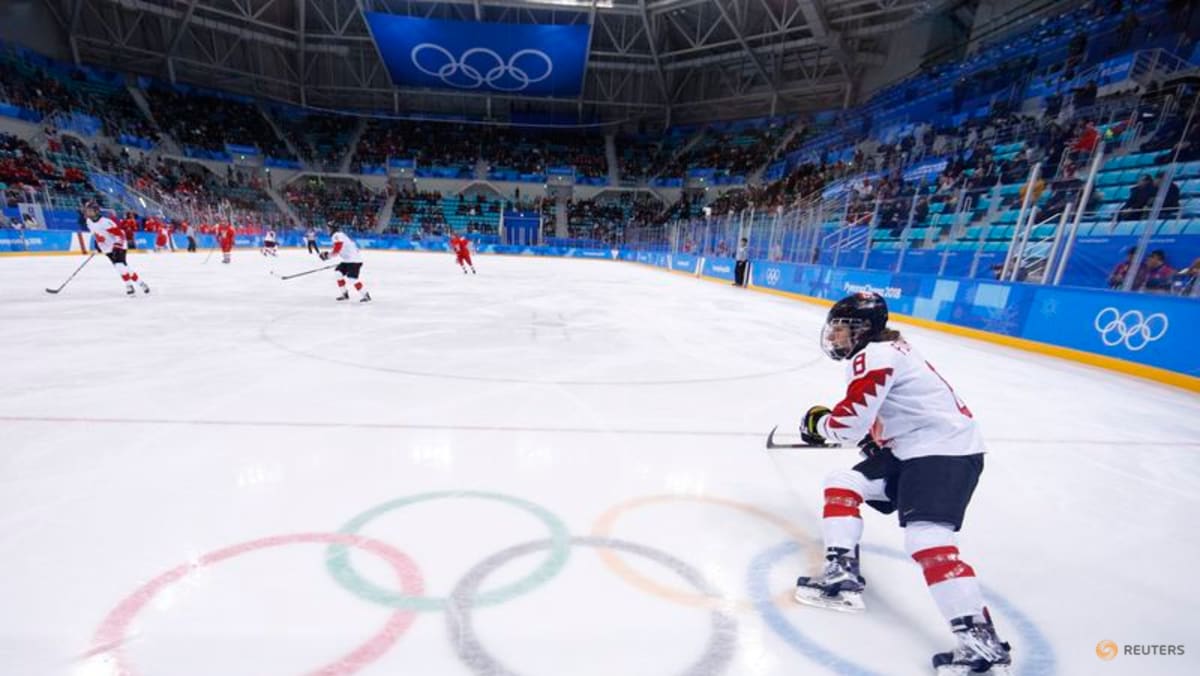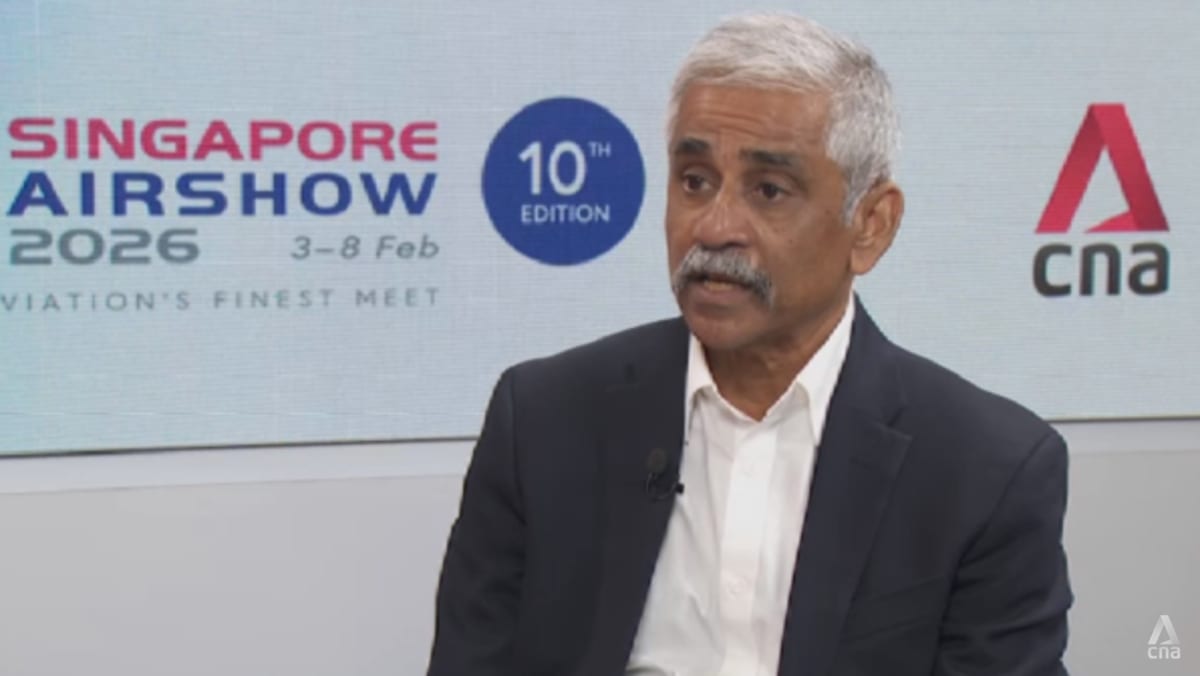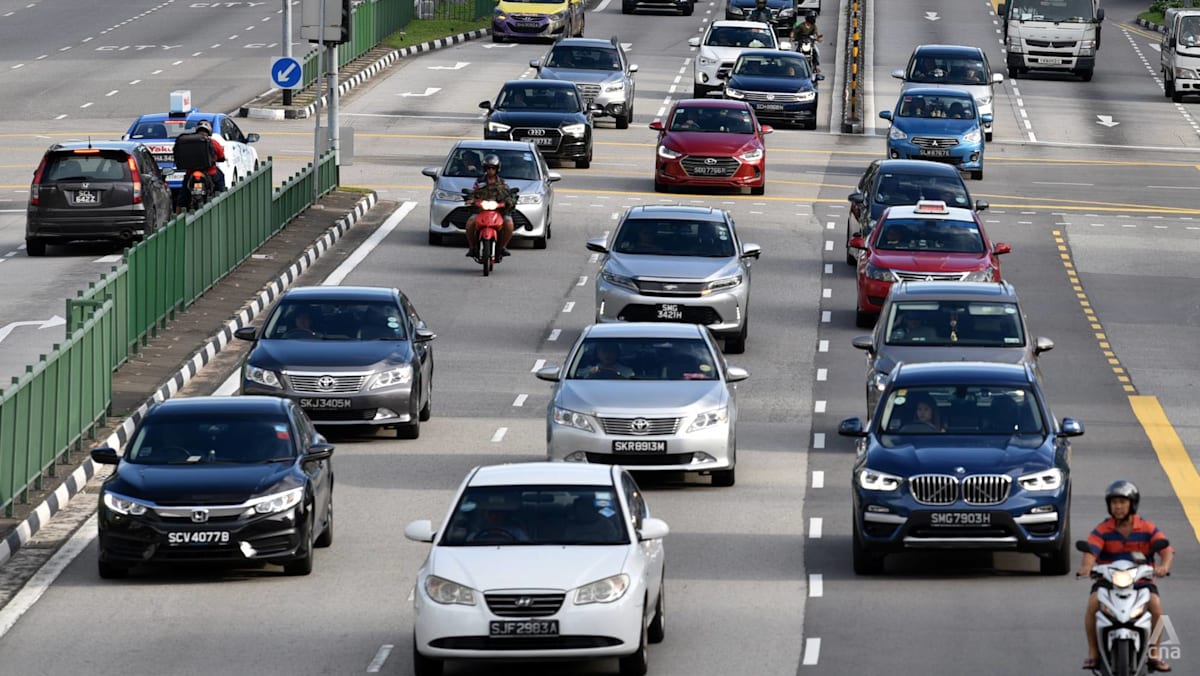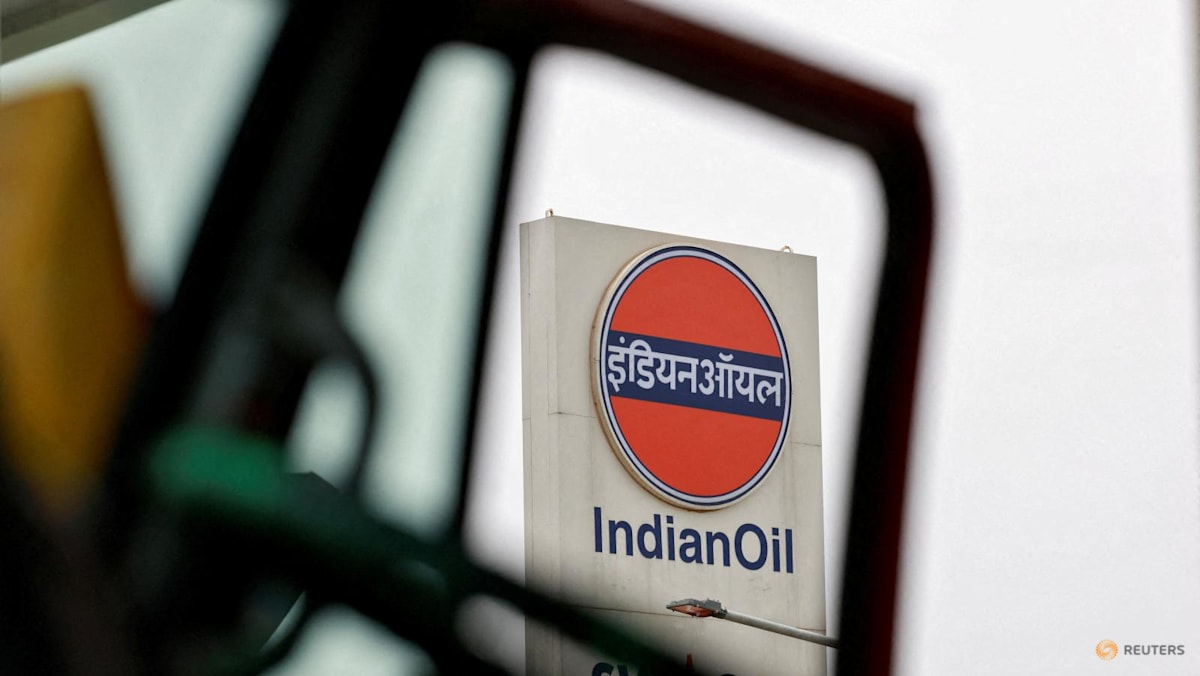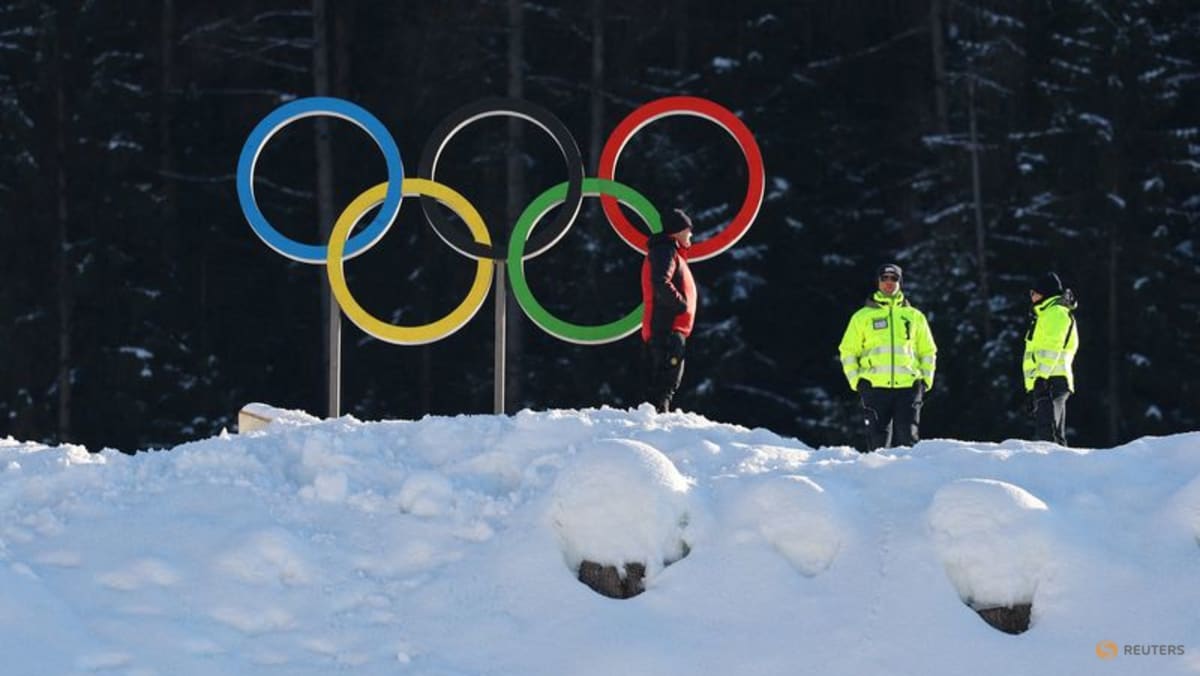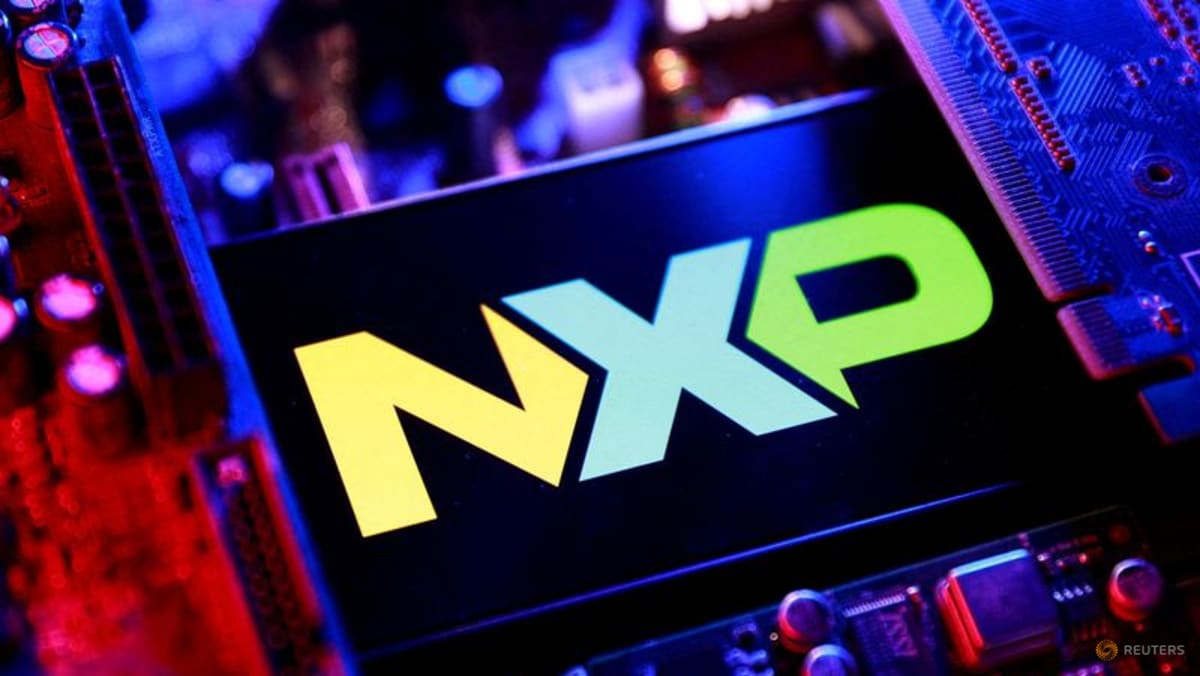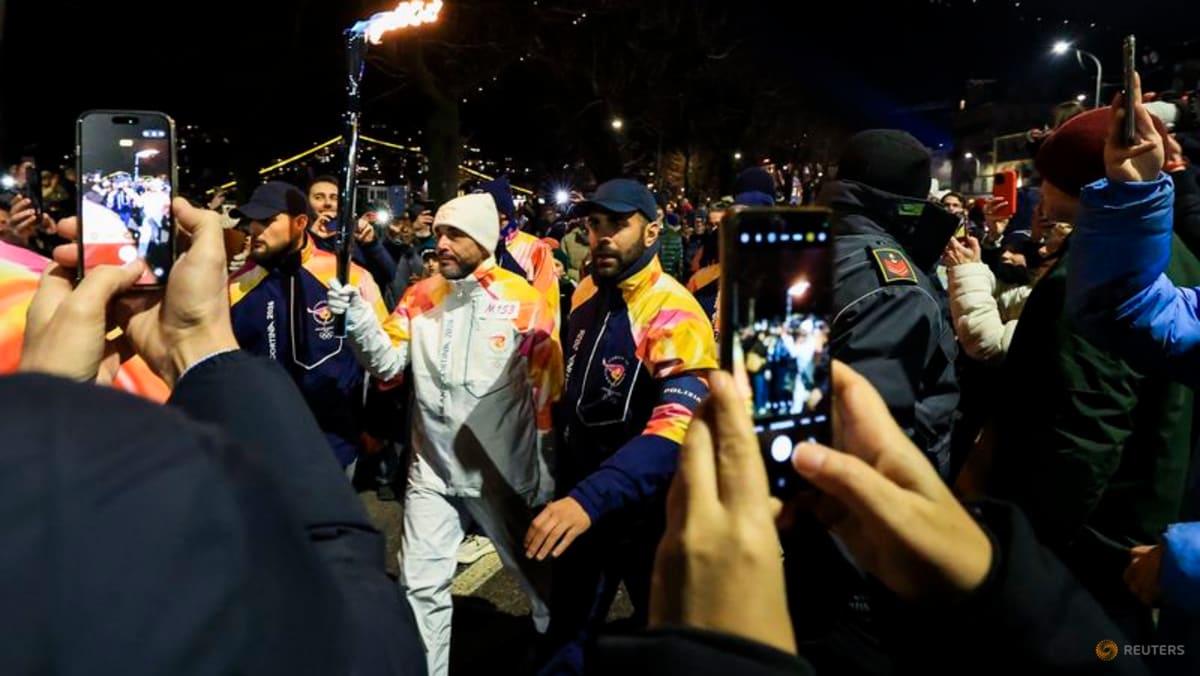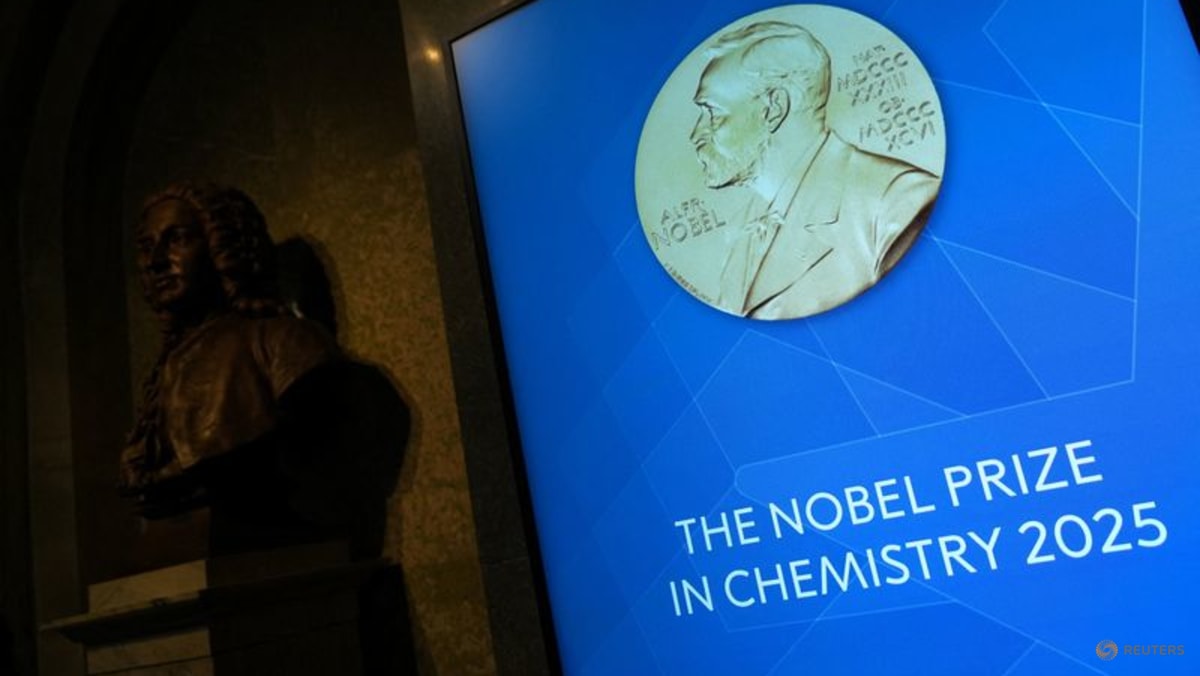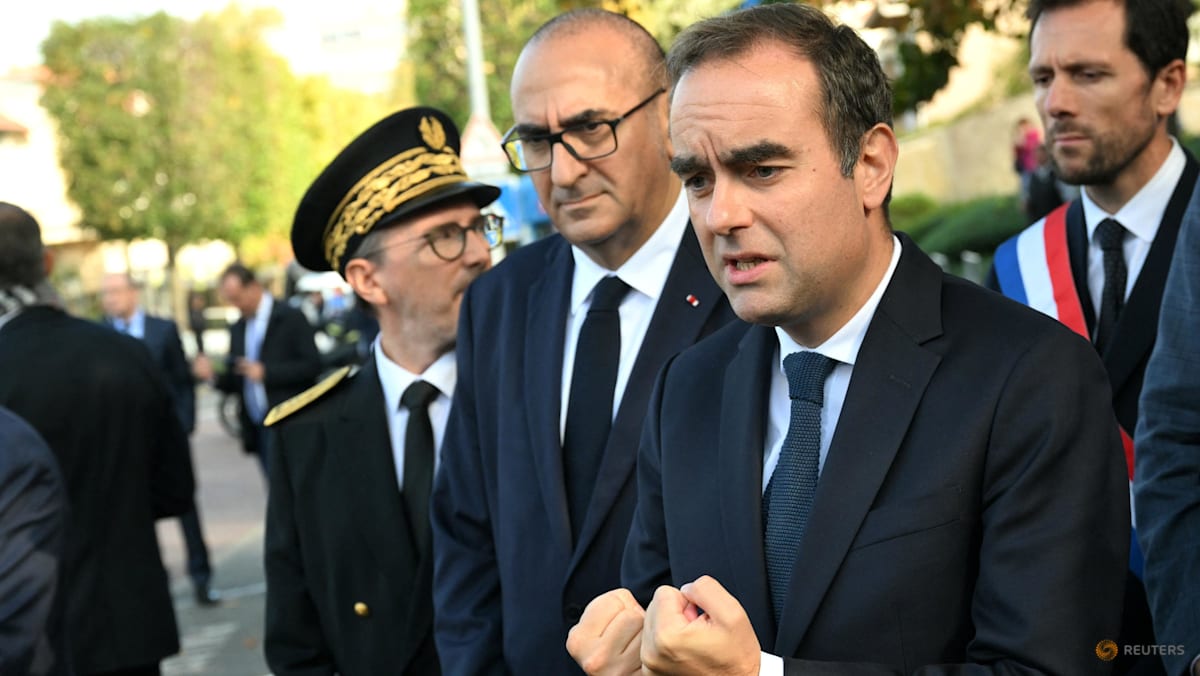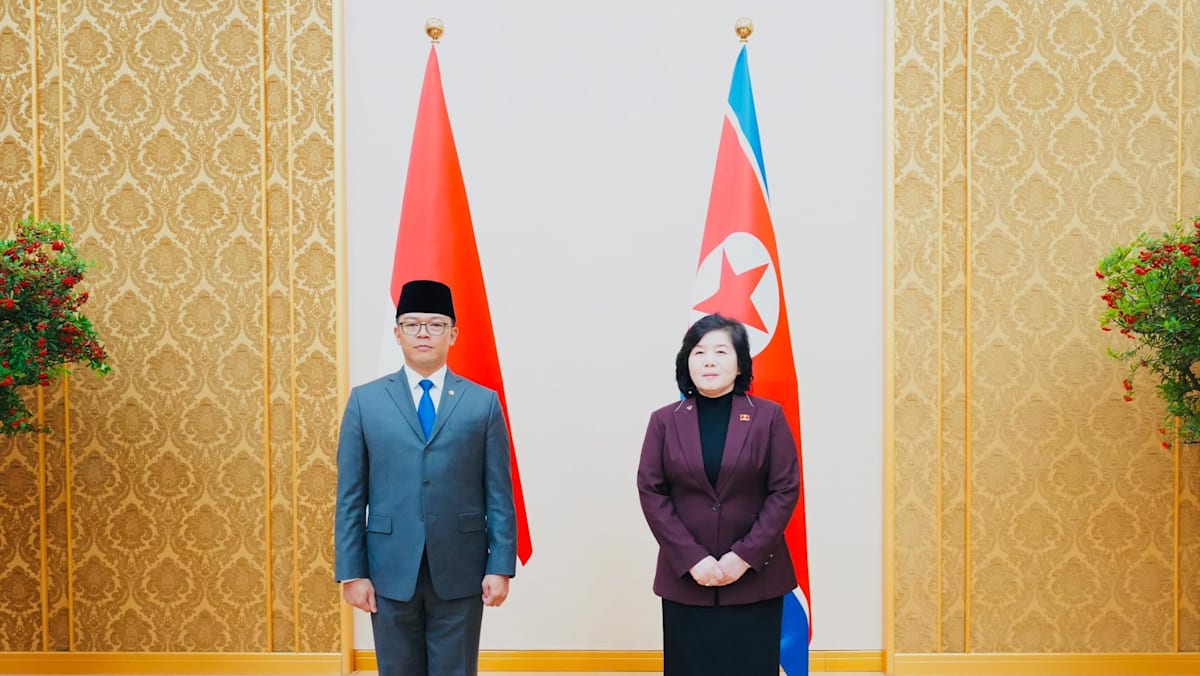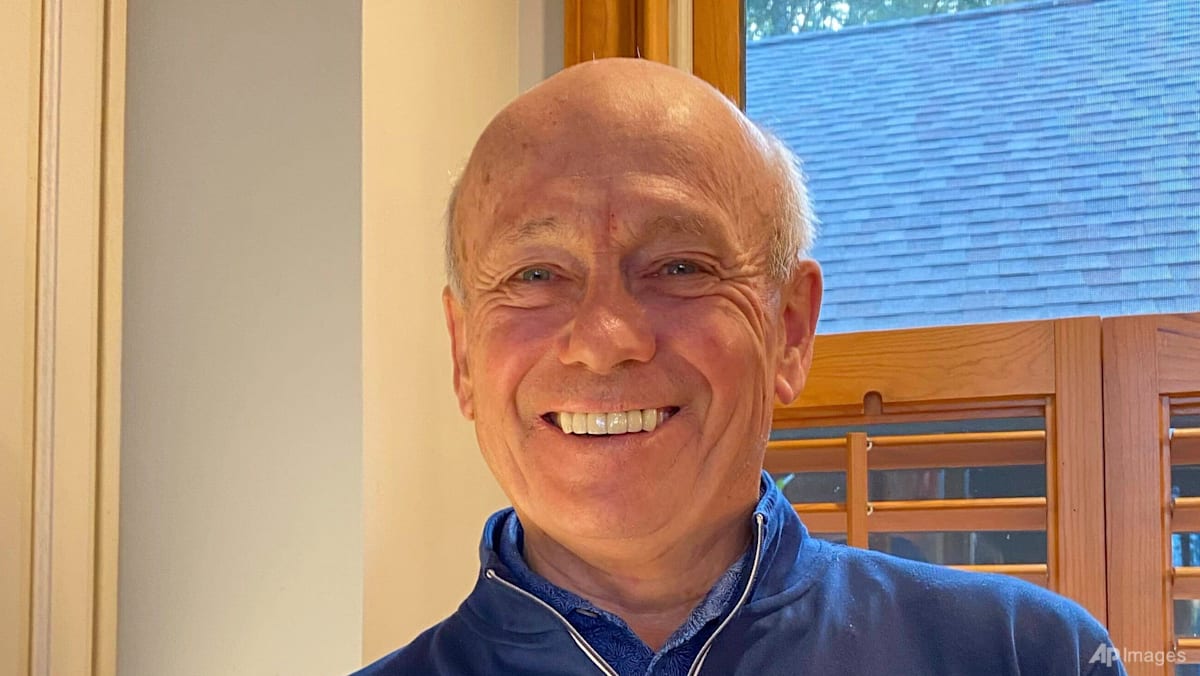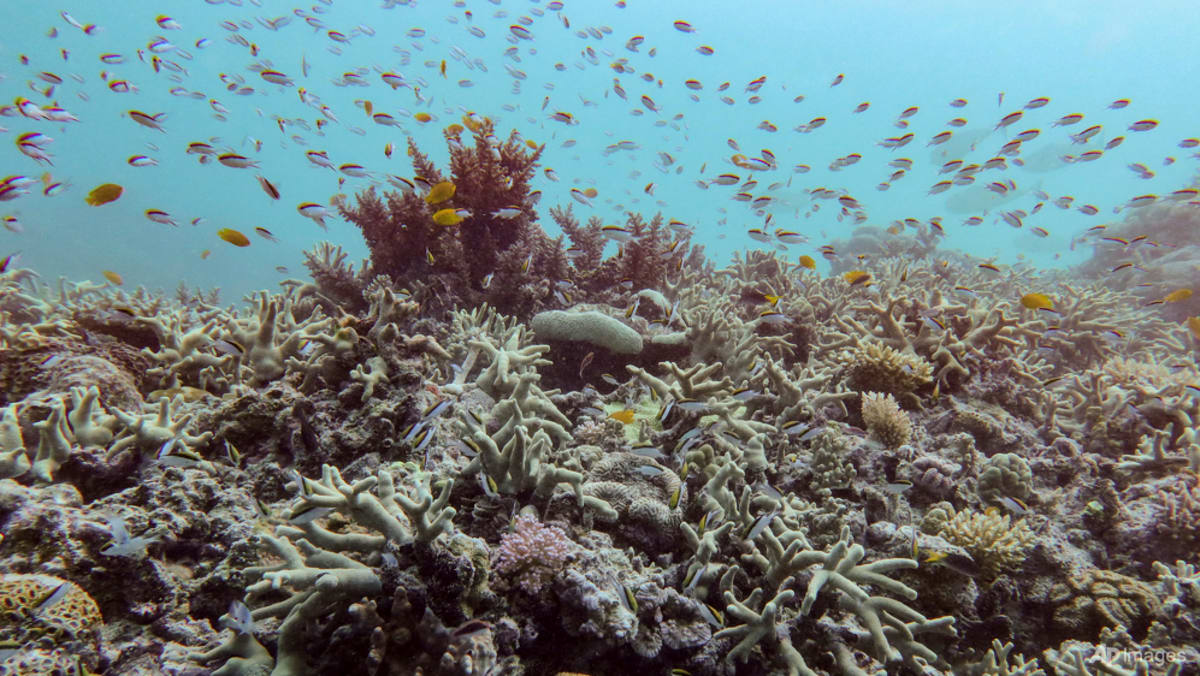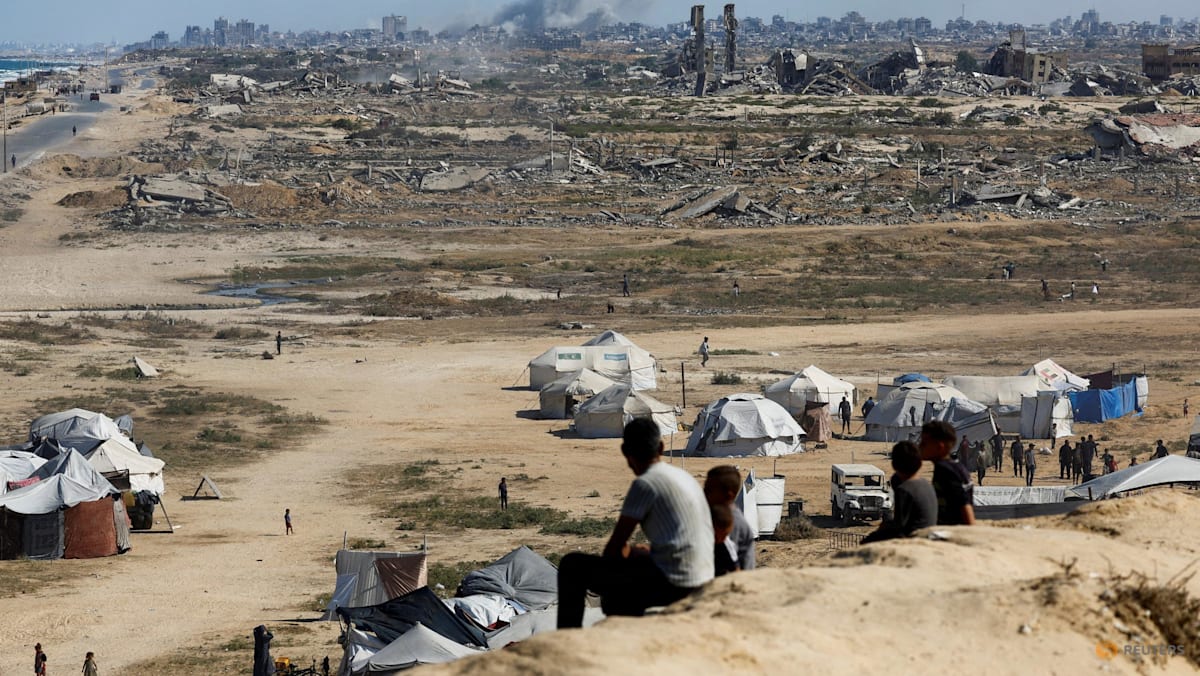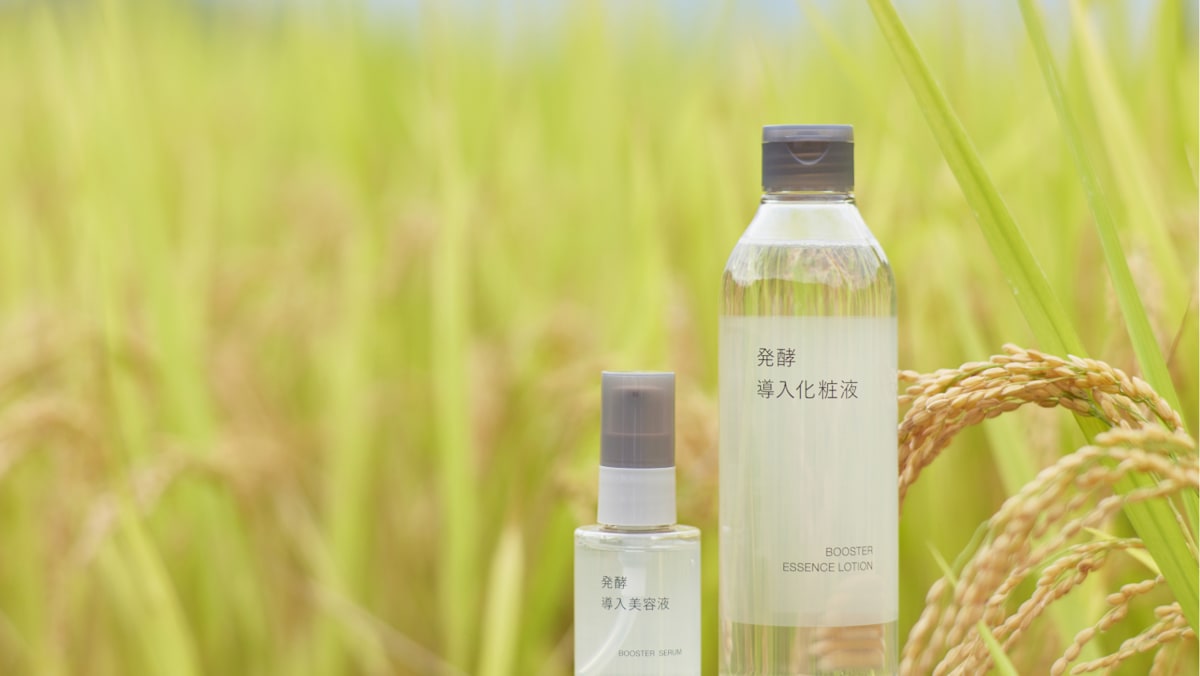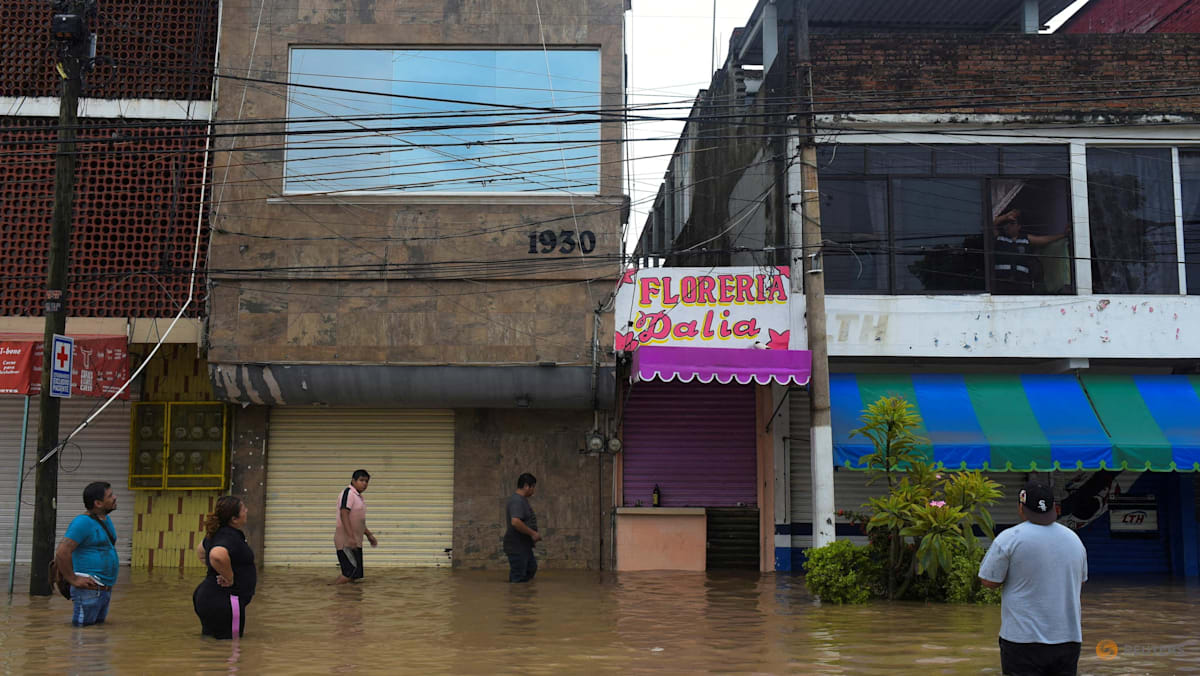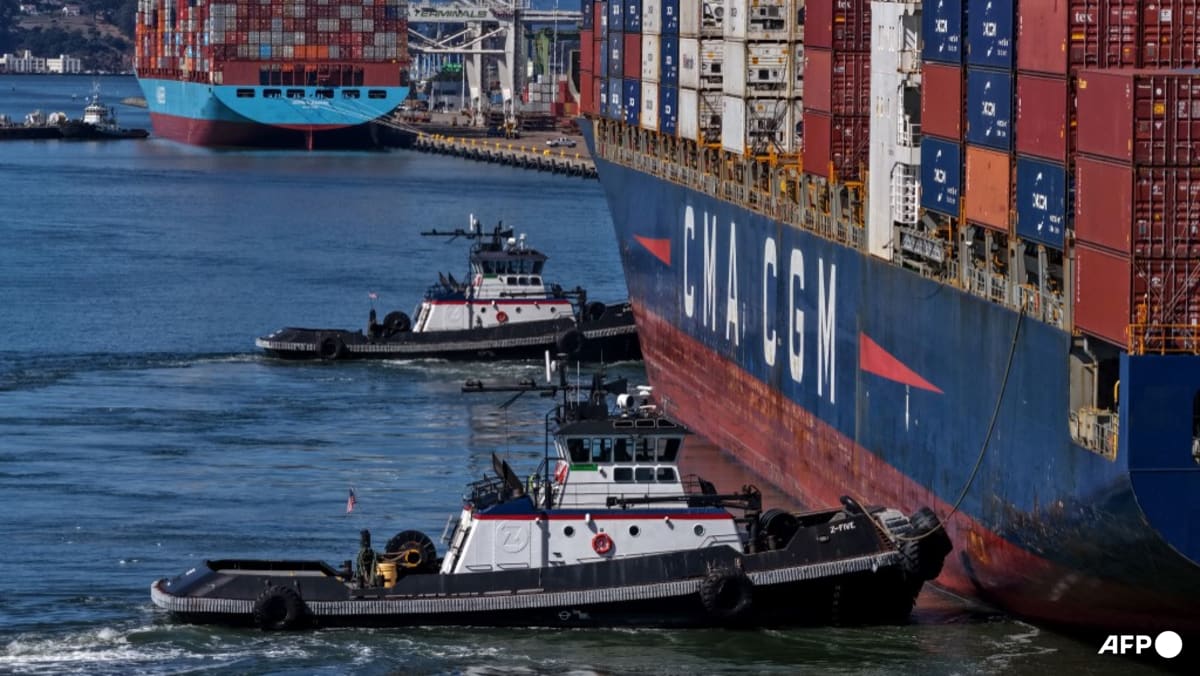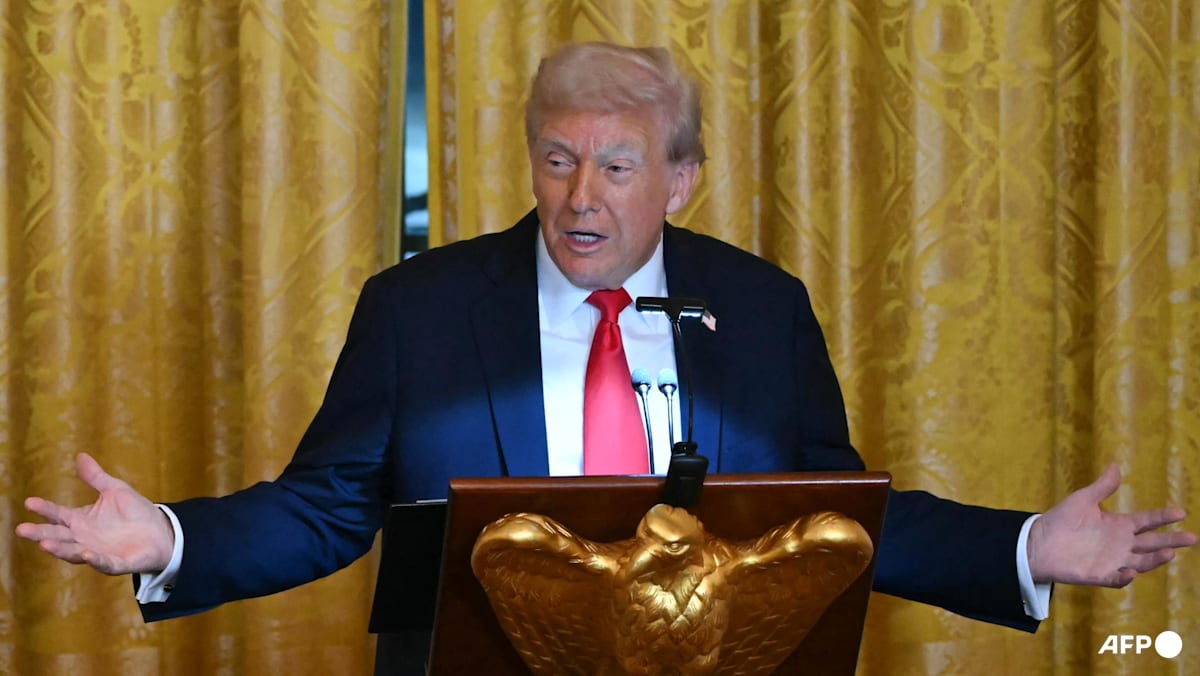BUSAN, South Korea: Donald Trump and Xi Jinping agreed on Thursday (Oct 30) to ease the trade war between China and the United States that roiled global markets, with Washington cutting some tariffs and Beijing committing to keep supplies of critical rare earths flowing.
Trump hailed his first meeting with Xi in six years as a "great success", while the Chinese leader said the two reached an "important consensus" towards solving an economic dispute that threw international supply chains into chaos.
"I thought it was an amazing meeting," Trump said after the talks in Busan, South Korea, praising Xi as a "tremendous leader of a very powerful country" and saying he would visit China in April.
The president told reporters aboard Air Force One that the US would lower fentanyl-related tariffs from 20 per cent to 10 per cent. That brings the total combined tariff rate on China down from 57 per cent to 47 per cent.
Trump added that the deal included China buying "tremendous amounts of soybeans and other farm products", a key issue for Trump's support in farm country and a point of leverage for Beijing.
The US leader said the talks yielded an extendable one-year deal on China's supply of crucial rare earths, materials that are essential for sophisticated electronic components across a range of industries.
Beijing's commerce ministry also confirmed it would suspend for one year certain export restrictions, including on rare earth materials, a sector where China is hugely dominant.
"All the rare earths has been settled, and that's for the world," Trump told reporters aboard Air Force One.
Xi said a "consensus" had been reached and urged but offered no details on the deals.
"Both teams should refine and finalise follow-up work as soon as possible, maintain and implement the consensus and provide tangible results to set minds at ease about the economies of China, the US and the world," said Xi, according to a Xinhua readout.
Trump said the Chinese leader had also agreed to "work very hard to stop the flow" of deadly opioid fentanyl, a trade in which Washington has accused Beijing of being complicit.
"I put a 20 per cent tariff on China because of the fentanyl coming in ... and based on his statements today I am going to reduce that by 10 per cent," Trump said.
"PARTNERS AND FRIENDS"
The meeting, their first since 2019, marked the finale of Trump's whirlwind Asia trip on which he also touted trade breakthroughs with South Korea, Japan and Southeast Asian nations.
“I guess on the scale from 0 to 10, with 10 being the best, I would say the meeting was a 12,” Trump said of his talks with Xi. “I think it was a 12.”
Neither leader made any public comments immediately after the talks, which lasted around an hour and 40 minutes.
Trump headed straight to Air Force One, waving and pumping his fist as he boarded the plane. The jet took off minutes later.
Xi was seen getting into his limousine outside the closed-door meeting.
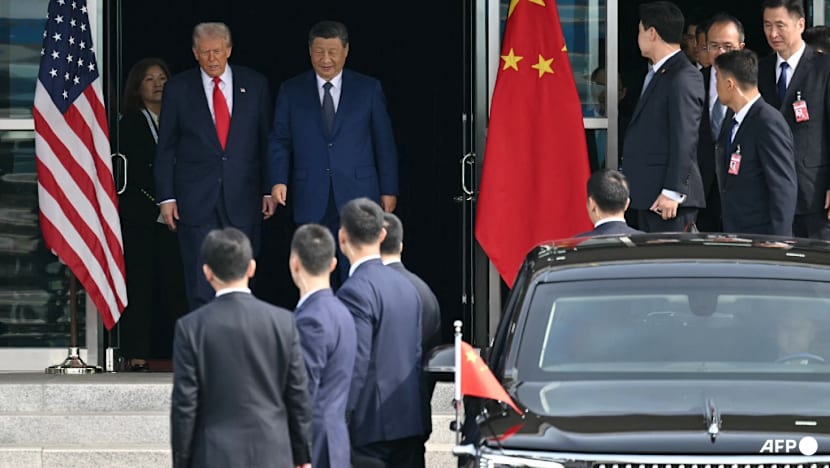 US President Donald Trump (L) and China's President Xi Jinping leave after their talks at the Gimhae Air Base, located next to the Gimhae International Airport in Busan on Oct 30, 2025. (Photo: AFP/Andrew Caballero-Reynolds)
US President Donald Trump (L) and China's President Xi Jinping leave after their talks at the Gimhae Air Base, located next to the Gimhae International Airport in Busan on Oct 30, 2025. (Photo: AFP/Andrew Caballero-Reynolds)
Xi acknowledged before the meeting began in earnest that both sides did not always see eye to eye, but should strive to be "partners and friends".
"China and the US can jointly shoulder our responsibility as major countries and work together to accomplish more great and concrete things for the good of our two countries and the whole world," said Xi.
Sitting opposite each other, each leader was flanked by senior officials, including Secretary of State Marco Rubio, Treasury chief Scott Bessent and Commerce Secretary Howard Lutnick.
Xi's team, which arrived from Beijing shortly before - the US side was already in South Korea - included Foreign Minister Wang Yi, Commerce Minister Wang Wentao and Vice Premier He Lifeng.
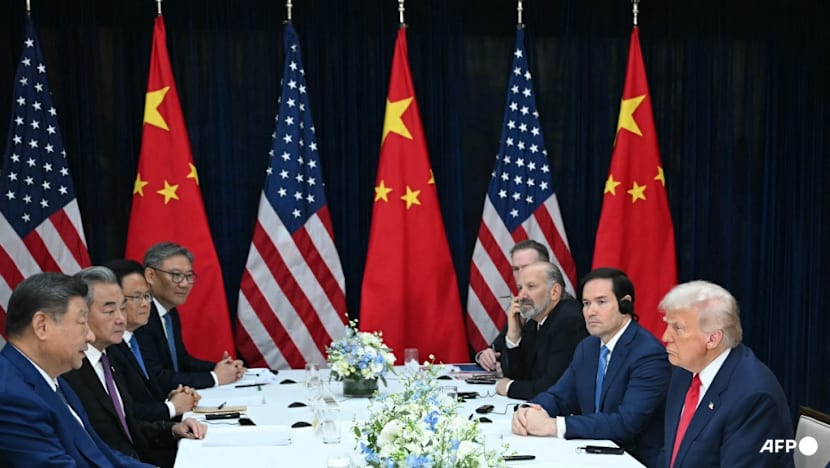 US President Donald Trump and China's President Xi Jinping hold talks at the Gimhae Air Base, located next to the Gimhae International Airport in Busan on Oct 30, 2025. (Photo: AFP/ANDREW CABALLERO-REYNOLDS)
US President Donald Trump and China's President Xi Jinping hold talks at the Gimhae Air Base, located next to the Gimhae International Airport in Busan on Oct 30, 2025. (Photo: AFP/ANDREW CABALLERO-REYNOLDS)
Trading in global stocks was choppy as Trump revealed details of the trade deal, with major Asian indexes and European futures swinging between gains and losses. China's Shanghai Composite Index slipped from a 10-year high, while US soybean futures were weaker.
"At the moment, the price action makes things seem like a lot of this was already priced in," said Kyle Rodda, senior market analyst at Capital.com in Melbourne. "Arguably, the markets were hoping for the complete removal of the fentanyl tariff, so that could explain the ambivalence in the markets."
Only India and Brazil are still subject to higher tariff rates among major US trading partners.
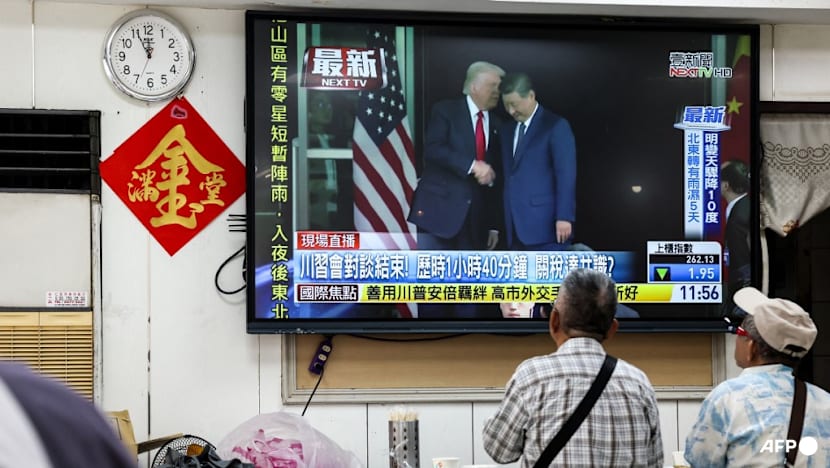 People watch a news programme in Taipei on Oct 30, 2025, showing the meeting of US President Donald Trump and China's President Xi Jinping in South Korea. (Photo: AFP/I-Hwa Cheng)
People watch a news programme in Taipei on Oct 30, 2025, showing the meeting of US President Donald Trump and China's President Xi Jinping in South Korea. (Photo: AFP/I-Hwa Cheng)
The meeting took place on the sidelines of an Asia-Pacific Economic Cooperation (APEC) summit of 21 countries in Gyeongju, including the leaders of Japan, Australia and Canada.
It is the final stop on an Asia tour that saw Trump, 79, showered with praise and gifts, including a replica of an ancient Korean golden crown.
In Japan, new Prime Minister Sanae Takaichi said she would nominate Trump for the Nobel Peace Prize and gave him a putter and a gold-plated golf ball.
However, Trump's hopes of a re-run of his 2019 meeting with North Korean leader Kim Jong Un at the Demilitarized Zone frontier appear to have dashed.
Trump said, though, that they would meet in the "not too distant future" and that he would like to "straighten out" tensions between North and South Korea.
On Thursday, he hailed the military alliance with South Korea as "stronger than ever" and said he had given the green light for Seoul to build a nuclear-powered submarine.
One surprise in the talks could have been if Xi had brought up Taiwan, with speculation that Beijing might press Trump to water down US backing for the self-ruled island.
Since 1979, Washington has recognised Beijing over Taipei as the sole legitimate Chinese power, even though the United States remains Taiwan's most powerful ally and its main arms supplier.
But Trump said that Taiwan "never came up. That was not discussed, actually."
The US president added, though, that he and Xi agreed to "work together" on the issue of Ukraine.

